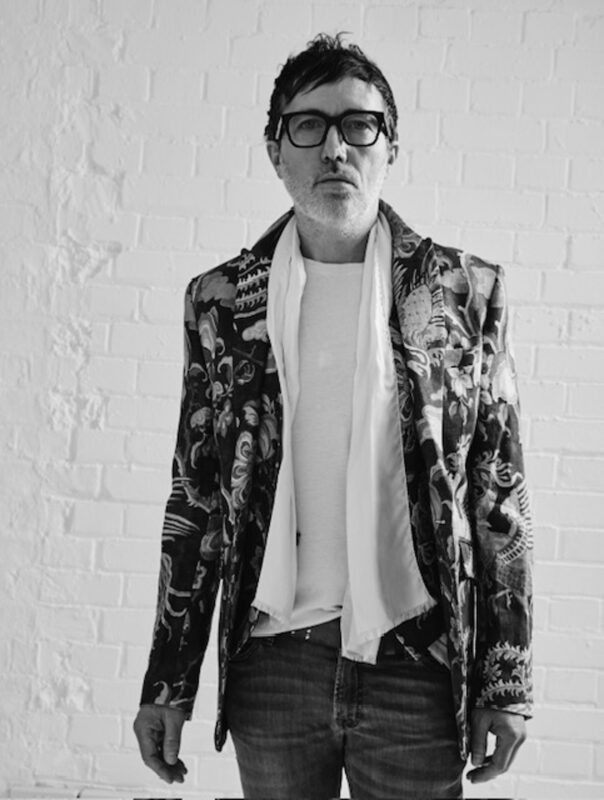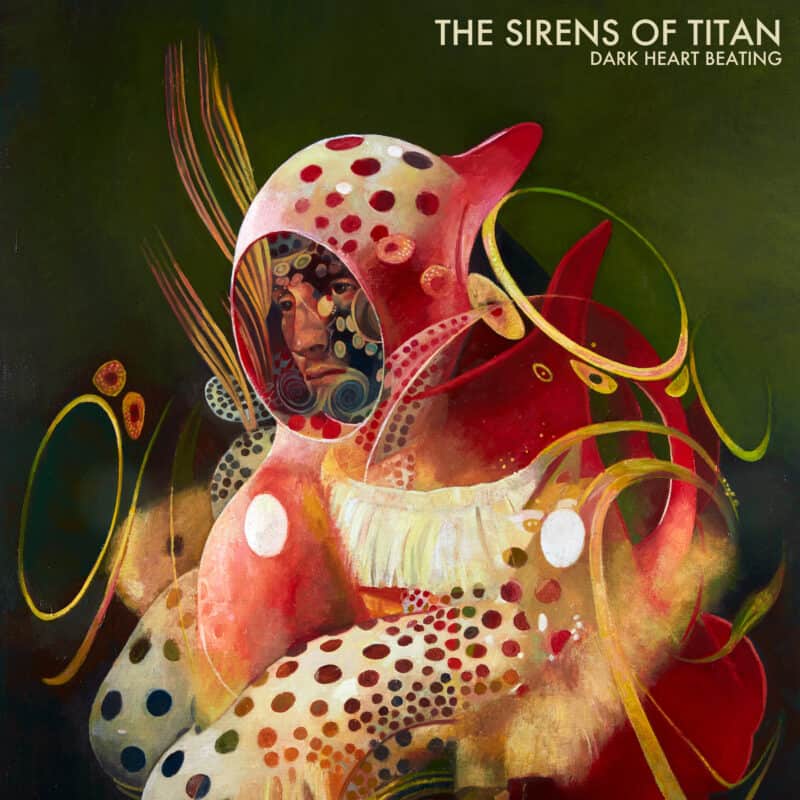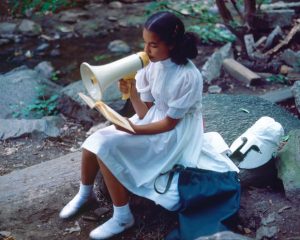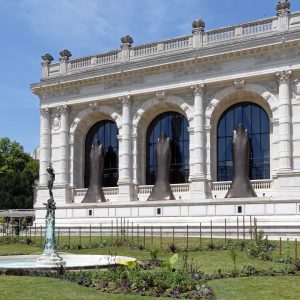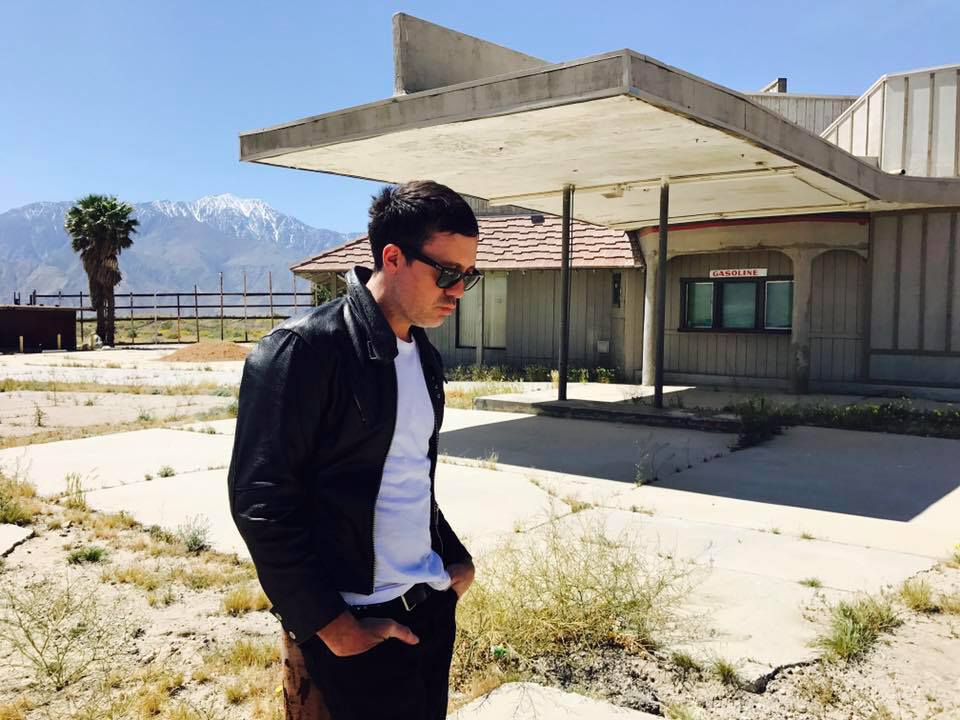
Space, where you work, where you think, where you create, where you socialize and network is becoming increasingly important in a fragmented A.I driven world.
We have already interviewed Rohan Silva founder of Second Home and next up we have John-Paul Pryor, who, among many other things, is the cultural lightning rod at Mortimer House – where he runs the interview-based content channel The Notebook:
“The Notebook is intended as a way to subtly communicate ideas and principles that are core to the philosophy of Mortimer House. It’s anti-celebrity and pro-human, and focuses on in-depth interviews with creatives and entrepreneurs at the heart of the community. It’s meant to be a very authentic inspiration resource.”
Alumni of the somewhat disparate entities Dazed and M&C Saatchi, John-Paul is a writer, musician and creative consultant who sees and feels no boundaries to his output. He produced with Jefferson Hack a “A Clarion Call for Cultural Resistance in a Digital Age” in the form of an amazing book ‘We Can’t Do This Alone: Hack The System‘, he is the front man for Literature-loving modern blues outfit The Sirens of Titan (see below) , and has written a novel that has been compared to the work of literary rebel Jean Genet – Spectacles (“The scattered emotional responses of a young man lost in the dream of life, hungering for connection and meaning”–Billy Childish, Artist).
Most recently, he was the brainchild behind a capsule line by EachxOther that matched classic quotes and images from the Woodfall Film stable (Look Back In Anger, Loneliness of The Long Distance Runner) with artist Robert Montgomery. He is also the editor of Author Magazine, a luxury book distributed by Thames & Hudson. Given his credentials as a creative polymath, he is totally the right guy to act as Cultural Director for Mortimer House, where we are having our Summer Party this Thursday (supported by Hoxton Gin).
How do you describe what you do?
I guess I would describe myself as a cultural connector of sorts. I seem to pretty good at bringing different energies and different types of people together to collaborate–I like to think it’s a little bit of creative alchemy. I know it’s a cliché but I am always interested in pushing boundaries where I can, or maybe bringing a disruptive flavour to a project. I’m also a very natural devil’s advocate, and I think that is something a lot of people kind of appreciate when I consult. It’s a thing I think far too few many people do–too many people live in fear of straight talking or taking an opposing view.
When did you realise you could work across creative disciplines?
I’m not sure if there was ever too much of a realisation. I think perhaps the need to do that, though, stems from having a very restless nature. I have a curiosity for life kind of hardwired into my DNA, and I often want to know what’s coming next–which has both positives and negatives. I think, on the whole, the more you can do to feel inspired then the more healthy you feel as a human being, and working across different creative disciplines definitely allows for that. Most of what I do boils down to a passion for writing and ideas, and ideas can manifest in so many ways. I think, whatever the discipline, it’s always exciting to create something from nothing.
How did you come to be working with Mortimer House, and how would you describe your role?
I have been working with Mortimer House for just over a year, and my role, so far, has really been to consult, help build a creative community and to create a content channel for them, which, given their brand pillars, I felt should be very authentic. The Notebook is intended as a kind of inspiration resource. For instance, we have Carlo Brandelli talking about how Taoism is at the centre of his practice, Miles Aldridge on his love of cinema, Charlotte Colbert talking about disappearing indigenous cultures, and so on. I’m now busy putting together a cultural calendar of events for the Autumn, which is hugely exciting.
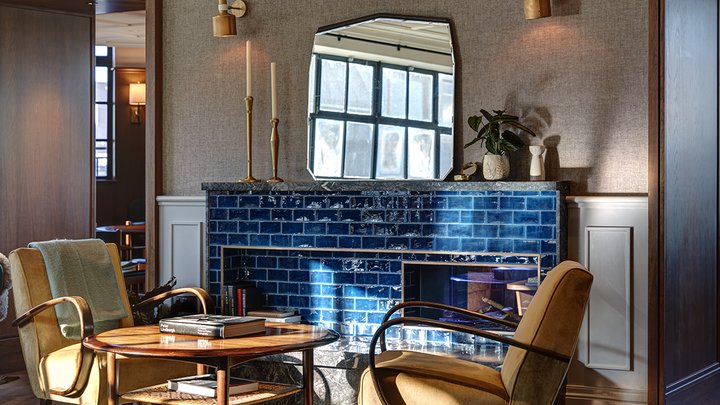
Mortimer House is based on the philosophy developed by Abraham Maslow who was he?
He was a Brooklyn-born psychologist, and he came up with a sort of blueprint for being called The Hierarchy of Needs, which is really about achieving your most fundamental needs, and then slowly but surely building towards the very best version of yourself. As I understand it, this process is really about listening to your intuition and getting yourself to a position in society where you can practice altruism.
Do you plan ahead? Any idea where you will be in two years time?
I wish I planned ahead more. Ideally, in two years I’ll be watching the rushes of the first novel I have had turned into a movie in a beach house in Malibu.
Do you believe in fate?
I believe that a curious soul will have an interesting ride. I have made music, studied acting, worked in advertising and magazines… I have met and interviewed some great people in my life, and, I don’t know, I guess all that comes from a certain kind of drive–perhaps not the most focused kind of drive–but any notion of a pre-destined fate is a pretty tough sell when you have kids dying in wars all over the place, simply because they are born to endless night.
How do you cope with pressure?
If I happen to be coping well, I exercise hard, work hard and get plenty of sleep. If I’m coping not so well, it’s coffee and cigarettes, all the way. Everything has its place.
www.mortimerhouse.com/notebook
Read more Interviews on FAD HERE
